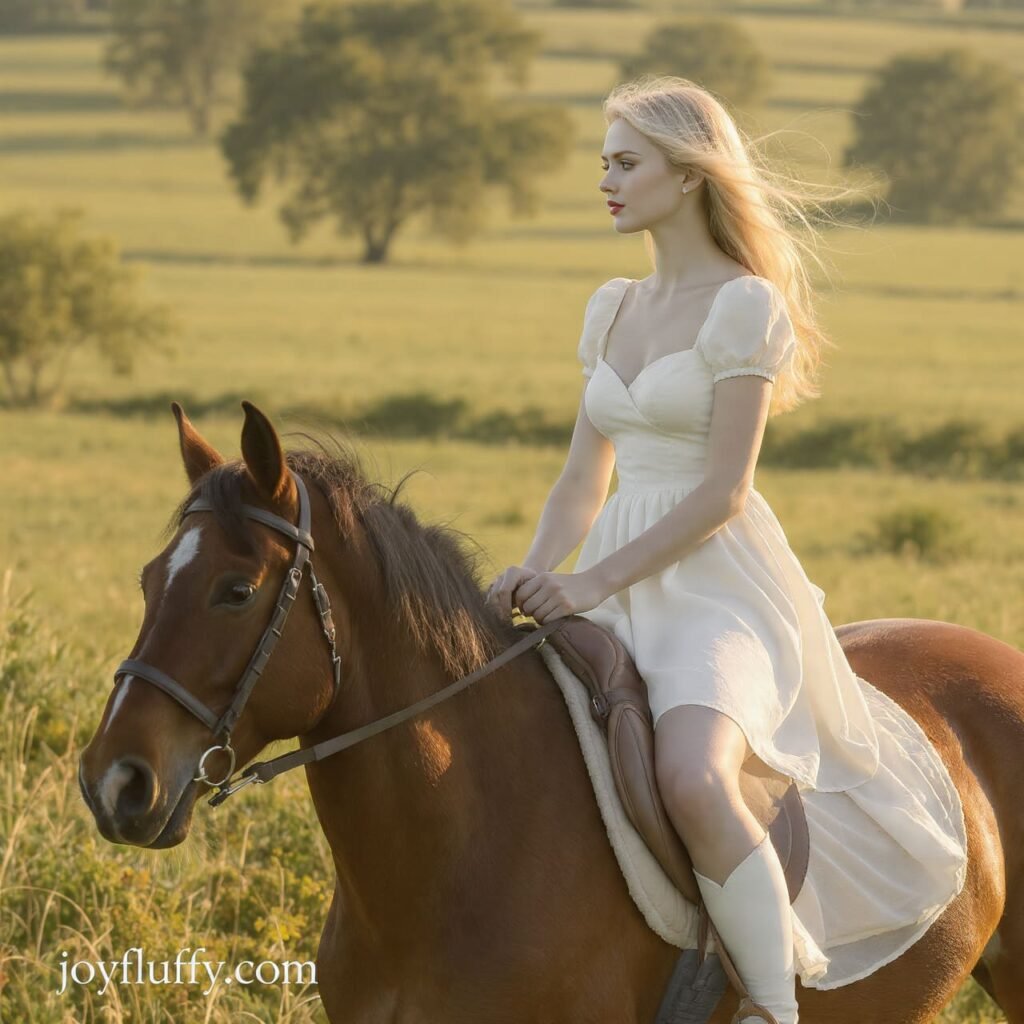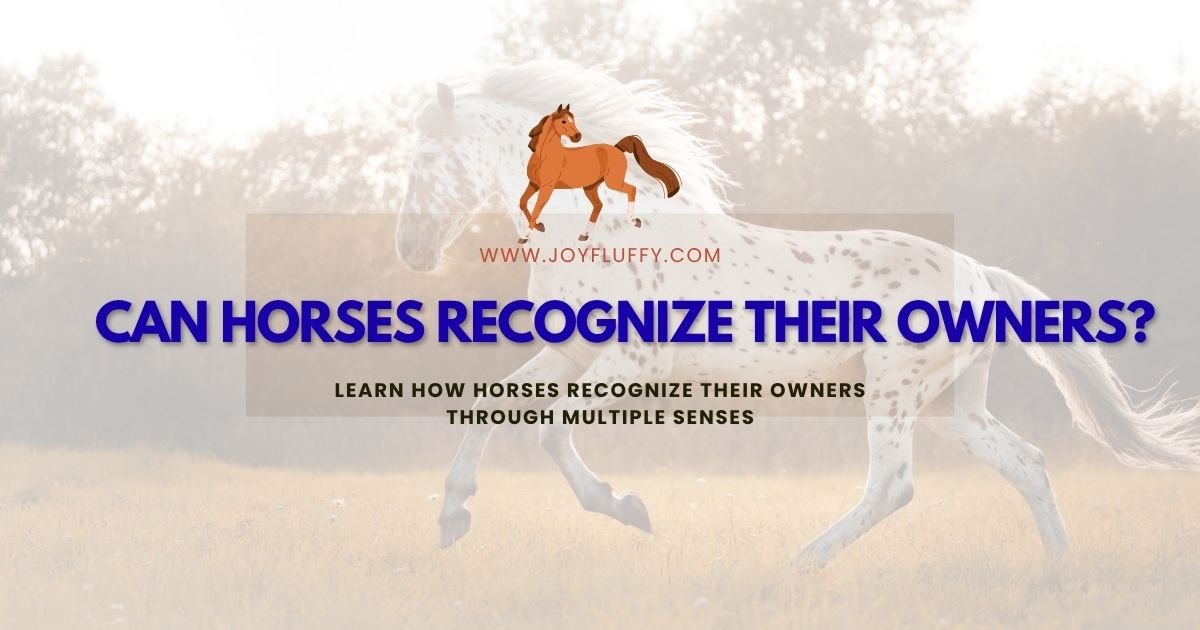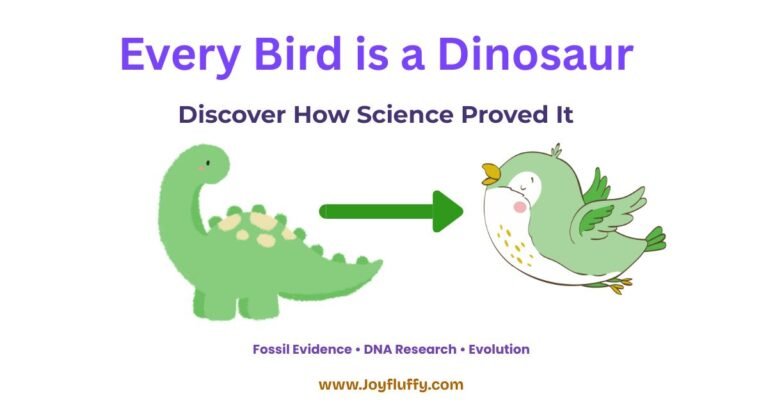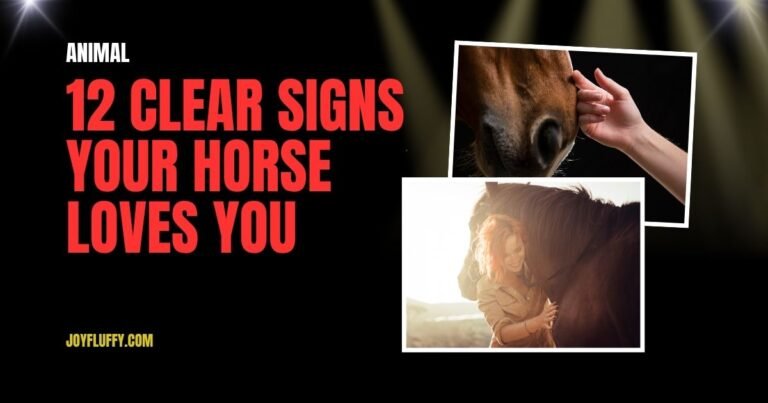Can Horses Recognize Their Owners? Science Says Yes (2025)

Have you ever wondered if your horse truly knows who you are? If you’re a horse owner or enthusiast, you’ve probably noticed your horse’s ears perk up when you approach the stable, or felt that special connection when they nuzzle against you. But do horses actually recognize their owners, or are we simply imagining this bond?
The answer is a resounding yes. Horses can recognize their owners through multiple senses including sight, sound, and smell. Scientific research has proven that these magnificent animals possess remarkable cognitive abilities that allow them to identify and remember individual humans, sometimes for years after their last interaction.
The Science Behind Horse Recognition
Understanding how horses recognize their owners requires diving into the fascinating world of equine cognition. Horses are incredibly intelligent animals with brains that have evolved over millions of years to process social information and recognize individuals within their herd. This same ability extends to recognizing human companions.
Research Study: A groundbreaking study published in the journal Animal Cognition found that horses can recognize their owners from photographs alone. Researchers showed horses photos of their caretakers alongside images of strangers, and the horses consistently showed more interest and positive reactions to pictures of people they knew.
This remarkable ability isn’t limited to visual recognition. Horses use a combination of sensory information to identify their owners. Their brains are wired to process and store complex social information, making them capable of maintaining long-term memories of people they’ve bonded with.
How Horses Recognize Their Owners
Visual Recognition
Horses have excellent eyesight and can recognize their owners from a considerable distance. They pay attention to body shape, posture, and the way you move. Interestingly, horses can recognize their owners even when they’re wearing different clothing, which demonstrates their sophisticated visual processing abilities.
When horses recognize their owners visually, they often display specific behaviors such as approaching the fence, lifting their heads, or walking toward you. These visual cues are processed quickly, sometimes in just seconds, showing how efficiently horses can identify familiar humans.
Voice Recognition
One of the most powerful ways horses recognize their owners is through voice recognition. Research has shown that horses can distinguish between different human voices and will respond differently to their owner’s voice compared to a stranger’s voice.
Studies demonstrate that horses can remember human voices for extended periods. In one experiment, horses responded positively to recordings of their owner’s voice even after several months of separation, indicating strong auditory memory capabilities.
When you talk to your horse regularly using consistent tones and phrases, you’re strengthening this recognition bond. Horses can recognize their owners by voice alone, even when they cannot see the person speaking.
Scent Recognition
Horses possess an exceptional sense of smell, and scent plays a crucial role in how horses recognize their owners. Every person has a unique scent signature created by their natural body chemistry, diet, and even emotional state. Horses can detect and remember these individual scents.
This is why many horses will sniff or nuzzle new people they meet—they’re gathering scent information. When horses recognize their owners through smell, they often display relaxed body language and may nicker softly or approach with curiosity rather than caution.
Signs That Your Horse Recognizes You
Understanding the signs that horses recognize their owners helps strengthen your bond and confirms the special relationship you share. Here are the most common indicators:
- Nickering or Whinnying: When horses recognize their owners, they often vocalize with soft nickers or louder whinnies, especially if it’s feeding time or they’re excited to see you.
- Approaching You: A horse that recognizes you will typically walk toward you when you enter the pasture or stable, showing eagerness to interact.
- Relaxed Body Language: Recognized horses display soft eyes, lowered heads, and relaxed ears when their owner approaches.
- Physical Affection: Nuzzling, gentle head-butting, or resting their head on your shoulder are ways horses show they recognize and trust you. Learn more about how horses show affection through various behaviors.
- Following You: Some horses will follow their owners around like a puppy, demonstrating strong recognition and attachment.
Important Note: Every horse is unique, and the way horses recognize their owners can vary based on personality, breed, and past experiences. Some horses are more demonstrative than others, but subtle signs of recognition are equally meaningful.
How Long Can Horses Remember Their Owners?
One of the most heartwarming aspects of how horses recognize their owners is their impressive long-term memory. Research and anecdotal evidence suggest that horses can remember their owners for many years, possibly even for their entire lifetime.
Studies have documented cases where horses recognized their previous owners after separations lasting several years. This exceptional memory is linked to the emotional connections horses form with their caretakers. Positive experiences create strong neural pathways that help horses remember specific individuals.
Memory Research: Scientists have found that horses can remember specific training experiences and the people associated with them for at least ten years. This demonstrates that horses recognize their owners not just through repeated daily contact but through genuine cognitive memory formation.
The strength of this memory depends on several factors including the duration of the relationship, the quality of interactions, and the emotional bond formed. Horses that spend more time with their owners and have positive experiences develop stronger recognition abilities.
Factors That Influence Recognition
Time Spent Together
The amount of time you spend with your horse directly impacts how well horses recognize their owners. Regular, consistent interaction strengthens recognition abilities. Horses that see their owners daily develop stronger recognition than those with sporadic contact.
Quality of Interaction
Positive experiences create stronger memory formation. Horses recognize their owners more readily when interactions involve rewarding activities like grooming, training with positive reinforcement, or peaceful riding sessions. Conversely, negative experiences can affect recognition patterns.
Expert Tip: To strengthen how horses recognize their owners, maintain consistency in your approach, voice, and handling techniques. This consistency helps your horse form clear, positive associations with you.
Individual Horse Personality
Just like people, horses have unique personalities that affect how they express recognition. Some horses are naturally more social and demonstrative, while others are more reserved. Understanding your horse’s individual temperament helps you recognize their unique ways of showing they know you.
Building and Strengthening Recognition
If you’re interested in enhancing how horses recognize their owners, there are several proven strategies you can implement:
- Spend Quality Time: Regular grooming sessions, hand-walking, and simple presence in the pasture all contribute to stronger recognition bonds.
- Use Consistent Verbal Cues: Speaking to your horse using consistent words and tones helps them learn your voice patterns.
- Maintain Routine: Horses thrive on routine, and consistent daily schedules help them anticipate and recognize your presence.
- Positive Reinforcement: Rewarding your horse with treats, praise, or scratches in their favorite spots creates positive associations with your presence.
- Be Patient: Some horses take longer to form recognition bonds, especially rescue horses or those with traumatic pasts.
Can Horses Distinguish Between Different People?
Absolutely. Horses recognize their owners differently than they recognize other humans. Research clearly demonstrates that horses can distinguish between multiple different people and will respond uniquely to each individual based on their past experiences and relationship quality.
This discrimination ability is quite sophisticated. Horses can recognize their primary caretaker versus the veterinarian, the farrier, or family members who occasionally visit. They may show excitement when their owner arrives but indifference or caution when strangers approach.
Studies using heart rate monitors have shown that horses experience measurable physiological changes when they see or hear their owners compared to unfamiliar people. Their heart rates often decrease around familiar people, indicating relaxation and comfort.
The Role of Emotional Bonding
The way horses recognize their owners goes beyond simple identification—it involves genuine emotional connection. Horses are capable of forming deep emotional bonds with humans, similar to the bonds they form within their herds.
This emotional component is why many horse owners report feeling a profound connection with their animals. When horses recognize their owners, they’re not just identifying a familiar face; they’re connecting with someone they trust and feel safe with.
Research on equine emotional intelligence suggests that horses can read human emotions and respond accordingly. They can sense when you’re happy, sad, or stressed, and they adjust their behavior based on these emotional cues. This emotional awareness is part of what makes the recognition between horses and their owners so special.
What Happens During Long Separations?
Many horse owners worry about whether horses recognize their owners after extended separations. The good news is that horses have excellent long-term memory, and strong bonds typically endure through separation.
When reunited after months or even years apart, horses often display immediate recognition signs including excitement, vocalizations, and affectionate behavior. However, the speed and intensity of recognition may vary depending on the length of separation and the strength of the original bond.
Real-World Example: Numerous documented cases exist of horses recognizing former owners after years of separation, with some horses showing immediate excitement and others taking a few moments to “remember” before displaying recognition behaviors.
Common Misconceptions About Horse Recognition
Several myths surround how horses recognize their owners. Let’s clarify some common misconceptions:
- Myth: Horses only recognize people who feed them. Reality: While food creates positive associations, horses recognize their owners through multiple factors beyond feeding.
- Myth: All horses show recognition the same way. Reality: Recognition behaviors vary significantly based on individual personality and temperament.
- Myth: Horses can’t tell people apart if they look similar. Reality: Horses use multiple senses and can distinguish between people even with similar appearances.
- Myth: Once a horse forgets you, the relationship is permanently lost. Reality: Bonds can be rebuilt with patience and positive interactions.
Practical Applications of Understanding Horse Recognition
Understanding how horses recognize their owners has practical benefits for horse care and training. This knowledge helps you:
Improve Training Effectiveness: When you understand that horses recognize and remember you, you can leverage this relationship to make training more effective. Horses respond better to trainers they recognize and trust.
Enhance Safety: Recognizing the signs that a horse knows you helps assess safety in various situations. A horse that doesn’t recognize you may be more unpredictable or cautious.
Build Stronger Bonds: Knowing what strengthens recognition allows you to intentionally nurture your relationship through consistent, positive interactions.
Address Behavioral Issues: Understanding recognition patterns can help identify why a horse might be behaving differently with different handlers.
Professional Insight: Experienced horse trainers and veterinarians utilize knowledge of horse recognition to establish trust quickly and work more effectively with unfamiliar horses.
The Neuroscience Behind Recognition
Recent advances in neuroscience have provided fascinating insights into how horses recognize their owners at a biological level. Brain imaging studies show that horses process familiar faces differently than unfamiliar ones, with increased activity in brain regions associated with memory and emotion.
The hippocampus, responsible for memory formation, and the amygdala, involved in emotional processing, both play crucial roles in how horses recognize their owners. When a horse sees, hears, or smells their owner, these brain regions activate, triggering recognition and associated emotional responses.
This neurological foundation explains why horses can maintain recognition memories for extended periods and why emotional experiences create stronger memory associations.
Comparing Horse Recognition to Other Animals
While horses recognize their owners impressively, it’s interesting to compare their abilities to other domestic animals. Dogs are often cited as the gold standard for recognizing human companions, but horses demonstrate comparable and sometimes superior recognition abilities in certain contexts.
Unlike dogs, horses are prey animals, which means their recognition abilities evolved differently. Horses must quickly identify threats versus safe individuals, making their recognition systems highly tuned and efficient. Cats, while capable of recognizing their owners, typically show less overt demonstration of this recognition compared to horses.
Final Thoughts
The question “can horses recognize their owners” has a definitive scientific answer: yes, they absolutely can. Through sophisticated use of visual, auditory, and olfactory senses combined with impressive memory capabilities, horses recognize their owners and maintain these memories for extended periods.
This recognition ability is more than a simple identification mechanism—it represents the foundation of the deep emotional bonds that form between horses and humans. Understanding how horses recognize their owners enriches our relationships with these magnificent animals and helps us become better caretakers and companions.
Whether you’re a seasoned equestrian or new to horse ownership, appreciating your horse’s recognition abilities deepens the partnership you share. The next time your horse nickers when you arrive at the barn or walks across the pasture to greet you, you’ll know it’s genuine recognition—a testament to the special bond you’ve built together.






